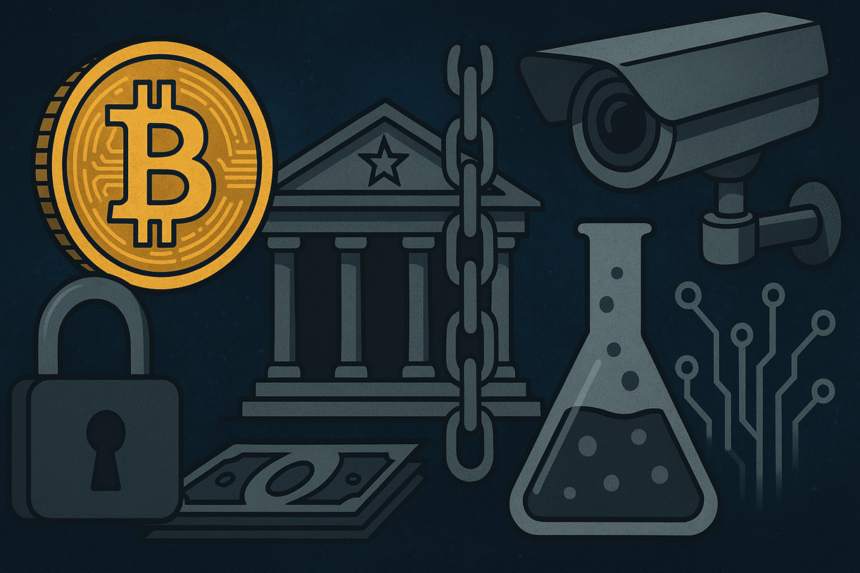The US government is set to introduce sweeping changes regarding anti-money laundering regulations that could significantly impact the cryptocurrency sector. Central to this initiative is the Treasury Department’s intention to apply Section 311 of the USA PATRIOT Act to various cryptocurrency activities, including mixers, decentralized finance (DeFi) protocols, and certain wallet services. This development could redefine the landscape of privacy and compliance within the industry.
The Financial Crimes Enforcement Network (FinCEN) is drafting a new rule that would label crypto mixing services as a “primary money laundering concern.” This classification would empower the Treasury to effectively sever these services from the US financial system, prohibiting banks, exchanges, and payment processors from engaging in transactions with them.
According to recent reports, this proposed rule is expected to extend earlier measures initiated in 2022 following the sanctioning of Tornado Cash. Section 311 powers would not only allow the Treasury to blacklist particular entities but also to target entire categories of transactions deemed high risk. This expansion means that mixers, DeFi protocols, and even wallet providers could face intense scrutiny from government regulators.
Francis Pouliot, a notable figure in the cryptocurrency community and CEO of Bull Bitcoin, expressed his concerns via social media, arguing that these bureaucratic actions threaten the privacy of Bitcoin users. He cautioned against the establishment of an environment where any use of Bitcoin outside of regulated custodial wallets is labeled as “suspicious.”
Echoing such sentiments, lawmakers are also supporting the Treasury’s initiative. A group in the House has reintroduced the “Special Measures to Combat Money Laundering Act,” which aims to formalize the Treasury’s authority to utilize Section 311 in the context of cryptocurrencies. This legislative move could grant the executive branch significantly enhanced powers to take action against privacy-oriented crypto tools without needing explicit congressional approval for each case.
The ramifications of this proposed rule could extend far beyond mixers. Observers have indicated that if the Treasury determines that specific smart contracts or decentralized protocols facilitate illicit finance, those platforms could also face Section 311 designations. Such a scenario would require US intermediaries to cease activities with those identified platforms, effectively isolating them from the regulated economy.
One policy expert highlighted the potential consequences, noting that this initiative is not limited to existing cases like Tornado Cash. The expansion of these powers could alter the entire risk landscape for the DeFi sector, as any protocol perceived as enabling money laundering could become a target.
Industry reaction to these developments is expected to be strong. Advocates within the crypto space argue that the broad application of Section 311 undermines due process and stifles innovation by criminalizing open-source code. Additionally, civil liberties organizations have pushed back against the Treasury’s prior actions, suggesting that blanket bans infringe upon the constitutional rights of both developers and users. Exchanges and custodial services might face increased regulatory challenges and related costs as they adapt to this heightened scrutiny.
These regulatory moves come as the US escalates its efforts to monitor financial activities associated with sanctioned entities, cybercriminals, and foreign adversaries. The Treasury has often cited the abuse of crypto mixing services by groups like North Korean hackers and Russian-operated darknet markets. Officials assert that without these new authorities, law enforcement will struggle to prevent digital assets from compromising the integrity of the global financial system.
The future of the proposed rule is uncertain and may encounter legal and political hurdles. Ongoing litigation surrounding the sanctions against Tornado Cash points to potential challenges in expanding PATRIOT Act measures into the decentralized realm. Nevertheless, the trajectory appears clear: the US government is signaling an end to a period of lenient oversight over crypto privacy tools.
As these discussions unfold, the total cryptocurrency market cap stands at nearly $3.95 trillion, highlighting the substantial scale of the industry affected by these potential regulatory changes.







